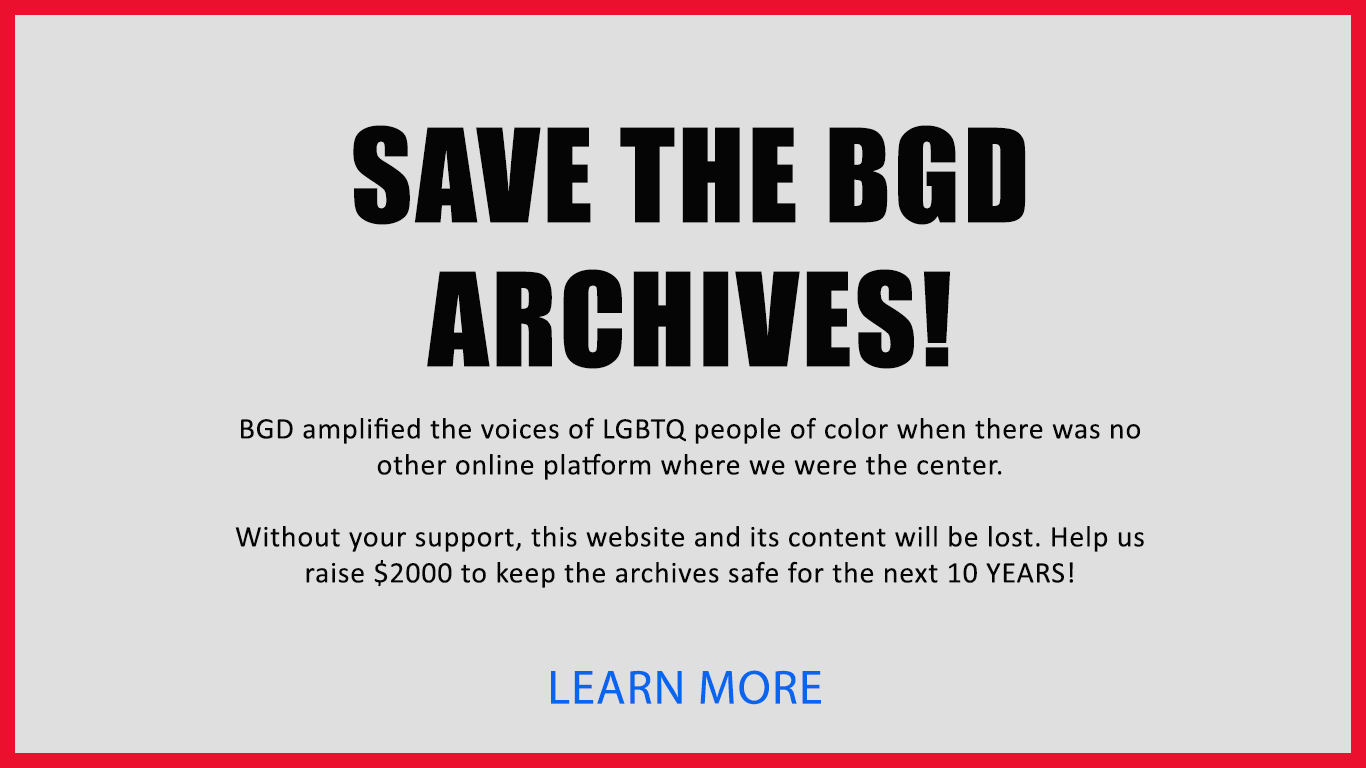by Janani Balasubramanian
You guys know about vampires? You know, vampires have no reflections in a mirror? There’s this idea that monsters don’t have reflections in a mirror. And what I’ve always thought isn’t that monsters don’t have reflections in a mirror. It’s that if you want to make a human being into a monster, deny them, at the cultural level, any reflection of themselves.
—Junot Diaz
February is national eating disorders awareness month. I mostly have bitterness for it, not just for the winter and its cold, but for the reality that the cold was once much harsher against my much sicker, smaller body. And that once, I had nothing but shame for the experience. My eating disorder took up most of my teenage-hood. Younger me had plenty of media representations of people with eating disorders. Trouble is, they were exclusively representations of white, skinny ciswomen. Every year, a white, skinny cis woman would come talk at my health class or school assembly about her experience. This wasn’t a mirror for me to look into; it was a portrait of why I had an eating disorder to begin with.
I remember being hugely troubled by the language many of the speakers and health educators would use about their experiences: that ‘eating disorders were about power and control, not beauty’. As if this were a dichotomy. As if beauty were something other than a system of control and domination. There is nothing shallow about beauty; I have drowned in it. My anorexia had everything to do with affluent white womanhood, something not available to me, but that I was systemically surrounded by. It had everything to do with heterosexuality: an aspiration for ‘proper and dignified’ white womanhood – that is ultimately desirable to white masculinity.
BGD is a reader-funded, non-profit project. Please GIVE today and help amplify marginalized voices.
As a teenager, I remember my eating disorder as a terrible secret. They almost always are. I won’t go into exact symptoms, because I’d rather not sensationalize this piece or fill it with triggers. But anorexia in particular is often rooted in hiding, in furtiveness, in quiet hunger. I still consider my eating disorder history to be an intense place of shame. I still have an internalized sense that it’s a condition of straight white cis women, and there is no reason to bring this ‘white girl disease’ into conversation with my friends or queer of color communities. That I should be silent about ever having aspired to whiteness in such a visceral and pathetic way.I also carry the shame of what anorexia does to a childhood. Growing up, I didn’t have a gender, or sexuality; I had an eating disorder. I sometimes joke to people that I came out of a library, and not a closet. It’s true. Words and text and books were available to me in a way that a nourishing community was not. It was a strategy for staying quiet. I was so committed to my own destruction, and also committed to hiding it.
I’m certain that this kind of long-range trauma has something to do with my current gender. This isn’t an open invitation to radical feminists to create some fucked-up linear narrative around my trans body or anyone else’s. That shit can go. But it is the case that every identity is steeped in some measure of trauma–if not yours, then someone else’s. Anorexia is one of mine.
I’m willing to wager that the majority of eating disorders are experienced by folks with multiple marginalized identities. It’s likely that a lot of us aren’t able to talk about it because we’ve been denied representations of ourselves, and been denied in society. It’s also likely that if we came full circle and really stirred up some conversations about this painful experience in our communities, we would find mirrors in each other. It’s not that I want doctors to start diagnosing us left and right. Most of the medical industrial complex isn’t competent enough to deal with our bodies. Rather, I want us, and our communities, to figure out ways to nourish and hold each other, to make space for our truths. For whatever ways that race, gender, poverty, disability, sexuality, and whatever else make us too complicated for dominant eating disorder narratives. If for no other reason, than that we don’t need yet another way to mark marginalized bodies for shame and death.
The world is full of folks trying to pry disease from the definitions of who they are, and full of folks trying to reclaim disease, disorder, and chaos as part of who they are allowed to be. The world is full of vampires, and broken, empty mirrors. This is my reflection. I exist.
*The title of this piece takes its cue from the hashtag #SolidarityIsForWhiteWomen, begun by Mikki Kendall.
All work published on BGD is the intellectual property of its writers. Please do not republish anything from this site without express written permission from BGD. For more info, go here.
 Janani Balasubramanian is a South Asian performance and literary artist. Janani’s work deals broadly with themes of empire, desire, microflora, apocalypse, ancestry, and the Future. They’re one-half of the spoken word duo DarkMatter, an organizer at the Queer Detainee Empowerment Project, and a writer at BGD. Janani’s currently working on their first sci-fi novel, H. You can read more of their work at queerdarkenergy.com.
Janani Balasubramanian is a South Asian performance and literary artist. Janani’s work deals broadly with themes of empire, desire, microflora, apocalypse, ancestry, and the Future. They’re one-half of the spoken word duo DarkMatter, an organizer at the Queer Detainee Empowerment Project, and a writer at BGD. Janani’s currently working on their first sci-fi novel, H. You can read more of their work at queerdarkenergy.com.
Get BGD creator Mia McKenzie’s debut literary novel, The Summer We Got Free. It’s the winner of the Lambda Literary Award.
Follow us on Twitter: @blackgirldanger
LIKE us on Facebook












